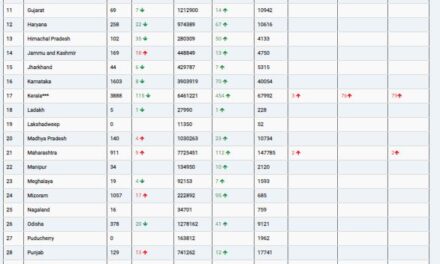A recent study has highlighted the potential benefits of a low-carbohydrate diet (LCD) for children and young adults with Type 1 diabetes (T1D), offering a new dietary approach to improve glycemic control in this population. Researchers from Charles University and Motol University Hospital in the Czech Republic conducted the study, which found that a short-term LCD could lead to significant improvements in glycemic parameters without increasing the risk of hypoglycemia, a common concern for patients on restrictive diets.
Understanding Type 1 Diabetes
Type 1 diabetes is an autoimmune disorder in which the body’s immune system attacks and destroys the insulin-producing beta cells in the pancreas. This results in an insulin deficiency, and patients must rely on lifelong insulin therapy to manage their blood sugar levels. Effective management of T1D involves frequent insulin administration, careful monitoring of carbohydrate intake, and regular physical activity to maintain stable blood sugar levels. However, achieving optimal metabolic control remains challenging, particularly for children and adolescents.
The Role of a Low-Carbohydrate Diet
The study explored the impact of an LCD, defined by the American Diabetes Association (ADA) as a diet that includes fewer than 130 grams of carbohydrates per day or less than 26% of daily energy intake from carbohydrates. This dietary intervention stands in contrast to the current clinical guidelines from the International Society for Pediatric and Adolescent Diabetes (ISPAD), which recommend that children and adolescents with T1D receive 45-50% of their daily energy intake from carbohydrates.
Despite ISPAD’s recommendations, the study points to growing evidence that carbohydrate reduction is a popular strategy among people managing T1D. The researchers aimed to determine whether a tightly controlled short-term LCD could improve glycemic control without the risks typically associated with carbohydrate restriction, such as hypoglycemia or a disrupted lipid profile.
Study Design and Key Findings
The randomized controlled crossover study included 35 children and young adults with Type 1 diabetes. The participants were provided with five weeks of ready-made food deliveries for two types of isocaloric diets: a low-carbohydrate diet and a recommended carbohydrate diet (RCD). Both dietary interventions were administered in random order to assess their effects on glycemic control.
The results, published in the journal Diabetes Research and Clinical Practice, showed that participants on the LCD experienced improvements in their glycemic parameters. Notably, the LCD did not lead to an increase in time spent in hypoglycemia, a condition in which blood sugar levels fall dangerously low. Furthermore, the study found no adverse effects on the lipid profile or the overall quality of life of the participants.
Implications for Diabetes Management
The findings of this study could pave the way for a shift in dietary approaches for managing Type 1 diabetes in children and young adults. While ISPAD currently advises against LCDs for this age group, the research suggests that short-term carbohydrate reduction may offer a safe and effective method to enhance glycemic control without compromising other aspects of health. The researchers emphasized that while the study showed promising results, more research is needed to understand the long-term effects of LCDs on young individuals with diabetes.
In conclusion, this study contributes to the evolving conversation around dietary strategies for managing Type 1 diabetes, suggesting that a low-carbohydrate approach could provide significant benefits for children and adolescents struggling to achieve glycemic targets. However, it also highlights the need for continued research and careful consideration of individual patient needs when implementing such dietary changes.











